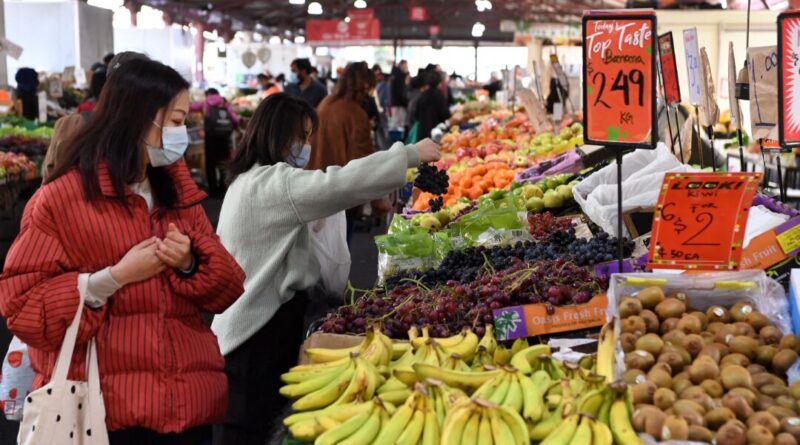Metcash Alleges Supermarket Chains Are Acquiring Properties to Eliminate Competition
Woolworths has denied the claim, stating that their growth is driven by consumer demand.
Food wholesaler Metcash has urged the government to enhance competition laws to safeguard independent supermarkets from the alleged predatory business tactics of major players.
Grant Ramage, CEO of Metcash’s food division, highlighted during a Senate hearing on April 11 that the expansion of Coles and Woolworths, the two major supermarket chains, has gone unregulated for an extended period.
Ramage noted, “In the 80s, the combined market share of the two major supermarkets was less than 40 percent. Today, it’s at least 70 percent and in some localities, over 90 percent.”
The CEO emphasized that the absence of competitive limitations allowed the supermarkets to reduce costs, eliminate services, and replace checkout staff without facing repercussions.
Ramage also accused Coles and Woolworths of participating in non-competitive practices, such as acquiring and forcing out competitors.
He added, “The chains attempt to purchase thriving independent stores … and are often willing to pay significantly inflated prices far beyond what any other independent could afford.”
“If they cannot purchase the store, they attempt to acquire the property. We have clear instances where they then evict the independent store at the end of the lease, even when they already possess multiple stores in that area.”
Ramage alleged that, in certain instances, the supermarkets were willing to pay exorbitant prices with no immediate return on investment to prevent competition in specific regions.
Furthermore, Coles and Woolworths were accused of applying for spot rezoning when unable to purchase the property housing independent stores, negatively impacting town planning and local businesses.
Ramage concluded that existing competition laws failed to address the unregulated growth of Coles and Woolworths in Australia.
“It is imperative to strengthen competition laws in Australia to provide fair competition for independent retailers,” he emphasized.
Ramage recommended the government make it more challenging for major players to acquire smaller businesses.
Major Supermarkets’ Response
A spokesperson for Woolworths rebuffed Ramage’s claims, stating they establish new stores based on customer demand.
“Our customers expect us to open new stores, distribution centers, and other facilities in line with population growth, with most developments in recent years occurring in greenfield areas and urban zones undergoing densification,” the spokesperson told The Epoch Times.
“Our primary focus is on strengthening our network of stores and serving communities better, not on the business strategies of our competitors.”
The Epoch Times reached out to Coles for comment but has not received a response yet.
In contrast to Metcash, Aldi Australia CEO Anna McGrath informed the Senate inquiry that Coles and Woolworths did not create barriers for Aldi to enter new areas.





